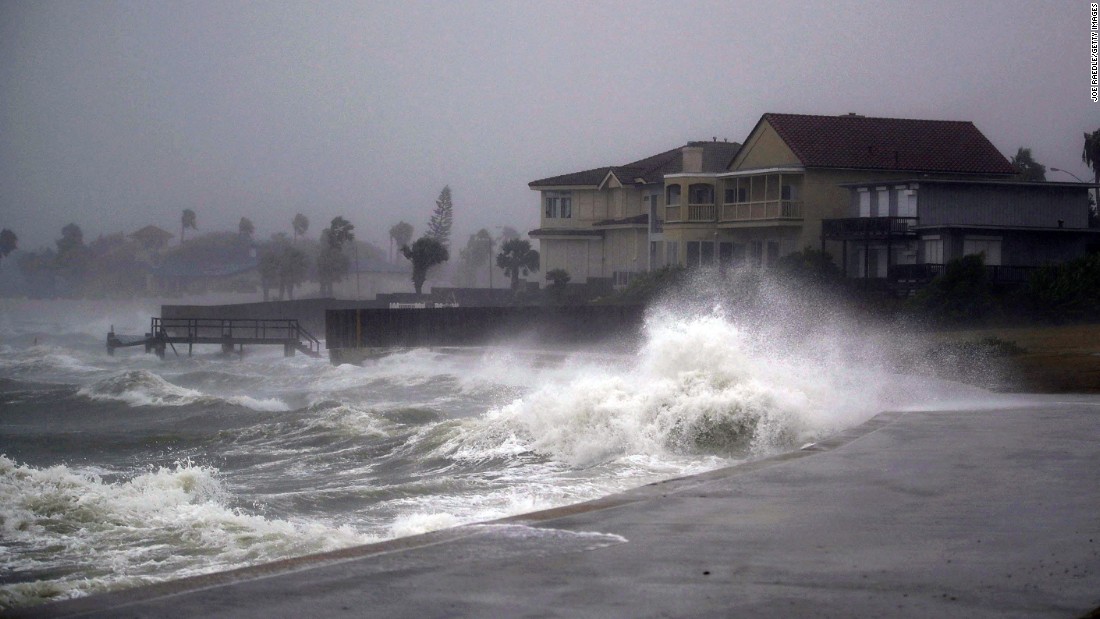Over 150 000ha to be put under irrigation

Sydney Kawadza Masvingo Bureau
Government plans to increase irrigation projects in Masvingo Province to cover over 150 000 hectares on the strength of new and effective technology developed in the agricultural sector.
In an interview, Agriculture, Mechanisation and Irrigation Development Deputy Minister (Cropping) Davies Marapira said these projects would be anchored around the recently commissioned Tokwe-Mukosi Dam, the envisaged Runde-Tende Dam and several other water bodies across the province.
“We have the potential to irrigate between 50 000 and 100 000 ha from the dams we have in the province.
“At Tokwe-Mukosi, the calculation of 25 000 hectares was done basing on furrow irrigation, not only on furrow irrigation, but it was also based on targeted sugar cane production,” he said.
The deputy minister, however, noted that sugarcane used too much water, using twice the amount of water used for maize production and almost three times that is needed for soya beans.
“So that alone, Tokwe-Mukosi, if it is done properly, with new technology of irrigation being used, it can irrigate plus or minus 50 000 hectares.”
He said other major water bodies in the province such as Lake Mutirikwi, Siya Dam, Manjerenje Dam and Bangala Dam among others could add a further 50 000 hectares. The province boasts of 29 dams that can be used for irrigation purposes.
“Besides, there are plans to construct a dam – the Runde-Tende Dam – along the Runde River, which has a capacity to irrigate another 50 000, if done properly.”
“So Masvingo province has great potential to do plus or minus 150 000 hectares of irrigation provided new technology of irrigation are being employed,” Deputy Minister Marapira said.
He said the point is to move from furrow to centre pivots and drip irrigation.The furrow irrigation, Deputy Minister Marapira said, wastes a lot of water.
“For example, if the plant needs 600 milimetres for its lifespan, you can programme across the board and divide at what level of moisture is required at a given period in a graduated manner,” he said.
Deputy Minister Marapira said calculations have proven that a centre pivot uses a third of water used through furrow irrigation or even a quarter.
“Furrow irrigation also wastes nutrients, all the fertilisers that we put in our fields, will be washed away or lost through leeching.
“Secondly, if the water bodies we have in the province are developed for irrigation using methods such as centre pivots or drip irrigation, we will save five times the amount of water required.”
Pedstock Investments managing director Mr Dror Jackson, whose company is involved in a number of irrigation development projects in Masvingo, said the province could produce food for Zimbabwe.
“The water bodies in the province are ideal for massive agricultural production as long as Government and individual farmers embrace the latest farming technologies”.
Pedstock Investments is an agricultural company that focuses primarily on irrigation – drip and overhead – including centre pivots, hose reels and pumping units. Farmers in the province have also appealed to Government to prioritise irrigation development since Masvingo is under Natural Region IV and V.
Mr Brighton Maparara of Ward 1 in Masvingo District told a Policy Dialogue organized by Oxfam in Zimbabwe that irrigation development was key to food self-sustenance in the province.
“We do not have adequate surface water even when the country receives more than enough rains so Government can assist by providing irrigation for the farmers,” he said.
Zimbabwe National Water Authority spokesperson Mrs Marjorie Munyonga said the good rains received during the past season saw most dams in Masvingo with sufficient water to meet the current irrigation water demands in the province.
“The coming on board of Tokwe-Mukosi has also brought huge relief to the drought prone province of Masvingo and is expected to bring to trigger a rise in the amount of land under irrigation,” she said.
She, however, appealed to all irrigating farmers and organisations in the province to ensure that they have water abstraction agreements as required by law.
“These agreements allow ZINWA to effectively and efficiently plan and allocate the available water to users,” she said.
ZINWA also appealed to farmers to ensure that they adopt water efficient irrigation mechanisms for optimal utilization of the resource.










Comments